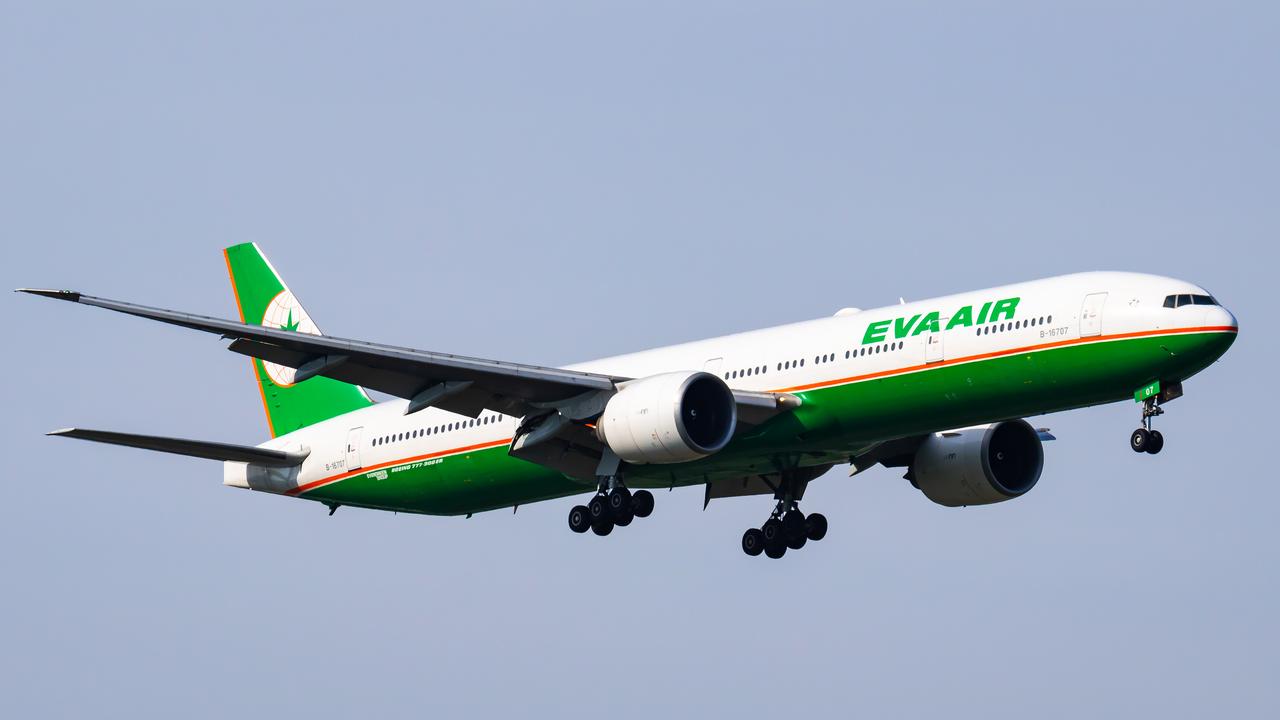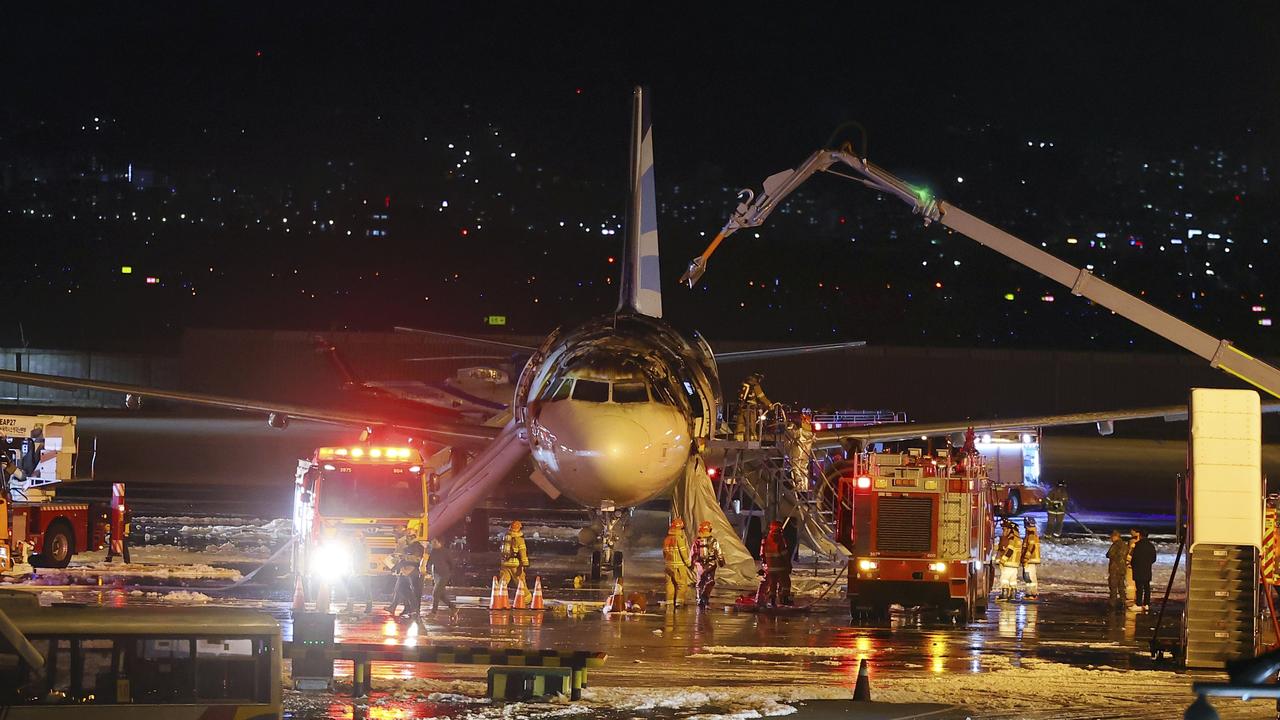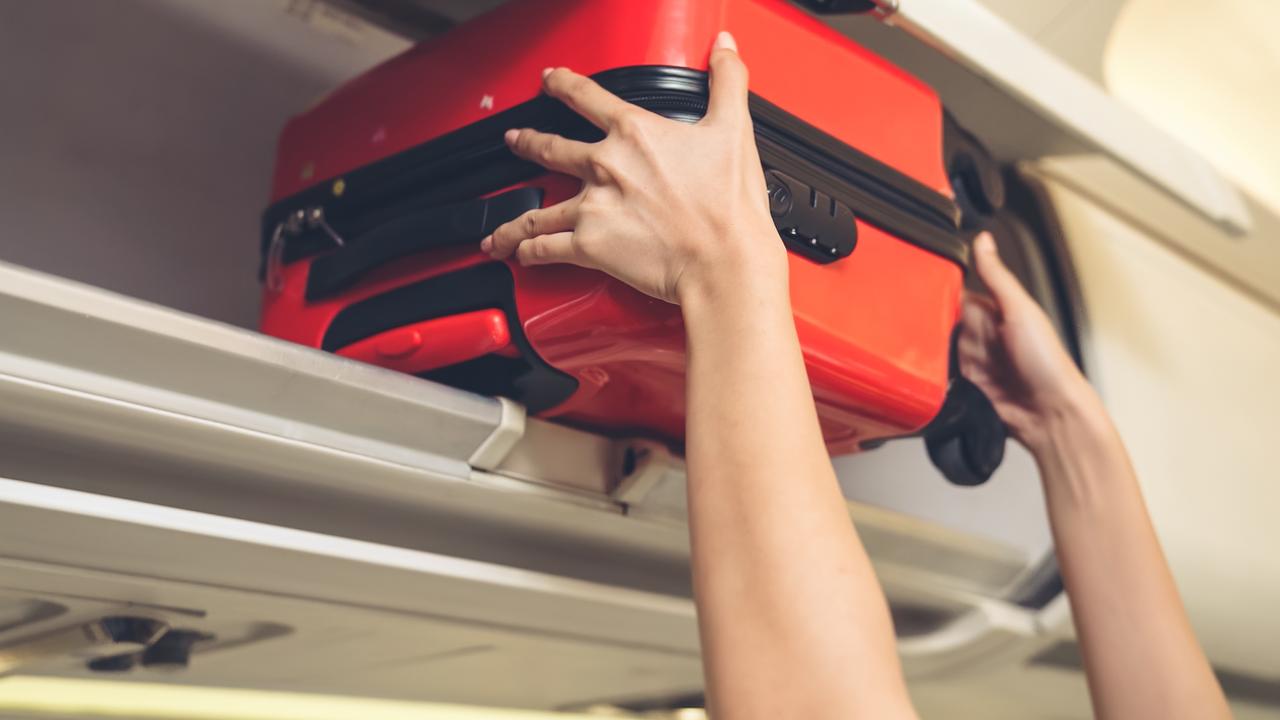More airlines ban popular travel gadget being used on flights
Even more airlines are introducing strict rules on what can be taken and used on-board during a flight after a fire broke out on-board a recent plane.
Even more airlines are introducing strict rules on what can be taken and used on-board during a flight.
Earlier this month, Korean airline Air Busan banned passengers from having power banks in their hand luggage after a huge fire broke out on-board.
While no-one was killed in the accident, the plane was too badly damaged and was taken out of commission, with new rules meaning all power banks must be on your person.

And a number of other airlines have since followed in their footsteps.
From March 1, passengers of Eva Air, headquartered in Taoyuan City in Taiwan, will no longer be able to use power banks on-board.
Instead passengers are being urged to use the on-board power outlets which have both AC and USB-A ports.
“Effective March 1, 2025, to ensure flight safety, the use and charging of power banks and spare lithium batteries will be prohibited throughout the flight,” a statement read.

“Please note that power banks and spare lithium batteries are prohibited in checked baggage. “They must be carried in your carry-on baggage and properly stored to prevent compression or damage.”
China Airlines is also introducing the same rule from March 1.
Other airlines like Taiwanese carrier Starlux Airlines and Tigerair have already banned passengers from using them on-board, although they can still be taken in hand luggage.
Australian airlines like Qantas also have strict rules.

“Baggage fitted with non-removable lithium batteries or powerbanks are forbidden,” the Qantas site reads.
“If in checked baggage the lithium battery or lithium power bank must be removed from the bag. The removed lithium battery or powerbank must be in carry-on baggage only.
“Non-lithium batteries/powerbanks can remain fitted in the bag and carried as carry-on or checked baggage.”
UK airlines are yet to follow suit, with most carriers still allowing them in hand luggage and used on the flight.
For example, Ryanair’s rules explain: “Customers can carry a maximum of two spare lithium ion batteries in carry-on baggage and these must be individually protected to prevent short circuits.”

However, power banks are not allowed in checked luggage, due to the risk of them catching on fire.
Retired engineering professor Lo Kok-Keung warned of the dangers of having them on-board if they are damaged inside or badly made.
They told South China Morning Post: “If it creates a short circuit it can create a high temperature and burn the internal materials and create a fire which can burn clothing in the baggage.”
Back in 2023, a taxiing plane in Taiwan was force to return after a USB power bank caught on fire, filling the plane with smoke.
Also that year, two passengers were injured on-board a Scoot flight from Singapore to Taipei after a power bank exploded.
And last year, a fire broke out in the overhead lockers on an Asiana Airlines flight.
Passengers are advised to keep them on their person at all times to reduce the risk of them catching fire.
More Coverage
Another gadget flight risk is passengers dropping phones down the side of a seat.
While this may not sound dangerous, experts have warned that the phones could set fire or explode if the phones are caught in the seat recline mechanism.
This article originally appeared on The Sun and was reproduced with permission





